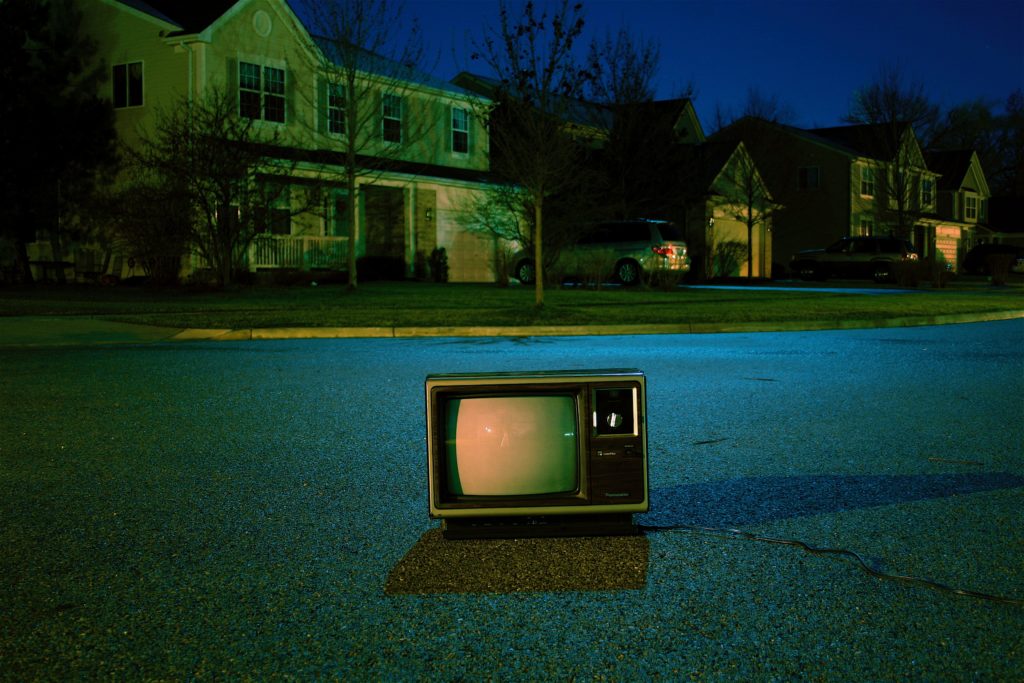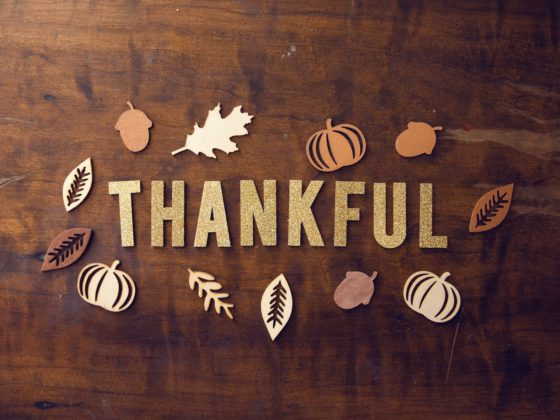There is a little restaurant in Denver called Stoney’s where local patrons fill the bar on Sunday nights for a Game of Thrones watch party packed with themed competitions and GoT themed foods and drinks. While many viewers choose to watch the show in the dark and silence of their living rooms, uninterrupted, viewing parties like these are popping up across the country. Similar to what we see with sports fanantics, people want to be surrounded by like-minded individuals and root for their favorite player (in this case, character).
While we gather to see who is going to rule the Iron Throne, a larger question emerges. Will TV continue to be a social experience after GoT ends? What will we be watching next and how will we be watching it?
TV and the way we consume programming has changed drastically since Game of Thrones’ first episode aired in 2011. Netflix, Hulu and Amazon Prime dominate with their original and award-winning content. TiVo is nearly a thing of the past now that we can stream from our cell phones whenever we want. The term “binge watching” is so popular it now has a place in the dictionary.

However, there is a social aspect to watching TV that gets lost when viewers binge-watch a series or stream on their own time. We bite back our enthusiasm about the latest episode because a co-worker isn’t “caught up” yet. We avoid social media to ensure spoilers aren’t revealed. We even stop talking to each other altogether when we realize we’re on different seasons.
What was once a social practice, an avenue to bringing friends and family together for a half an hour or an hour, is becoming an isolating experience. Game of Thrones is one show that still brings people out of their dark living rooms and gets them excited to share with others. Will there be shows in the future capable of doing the same?
More niche content is being created today. With more and more series being delivered through various platforms, the mainstream appeal of programs is diminishing. People are loading up on content they enjoy, but not something they can necessarily banter about with their friends.
And let’s not overlook how we are consuming content. We no longer just sit in front of our TV’s. We stream from our phones on the train to work. We watch from our laptops on our lunch break. We sit in a room full of people and stare at our iPads. Chief Marketing Officer of Factual, Brian Czarny, contributed an excellent article on fragmented viewership and what it means for the future of content. He writes, “Rest assured that, for the next hit show, the live viewing numbers will be smaller because consumer behavior is swiftly trending toward…mobile.”
As we move into in the final season of GoT, a series that has greatly influenced pop culture and has risen to become one of the most talked about shows in history, we have to wonder if this is the end of an era. Will there be another show that can bring us together the way Game of Thrones has? Or will we become a nation of binge-watchers, turning TV viewing into a solo sport?







